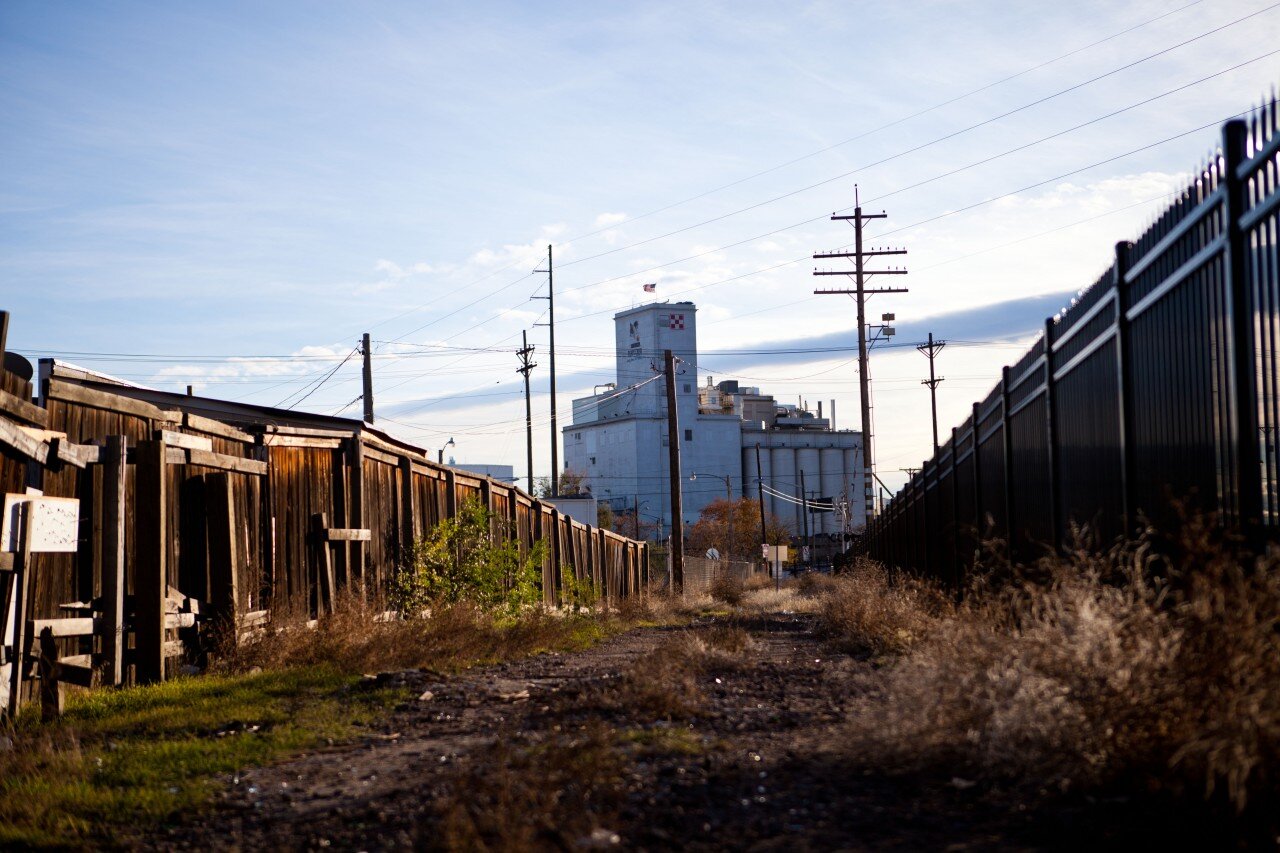
Swansea
Swansea and Elyria have their own unique histories, yet the two neighborhoods share common historical features. In the mid-19th century, Denver was a miners' town, and settlements began to form around it. The Swansea-Elyria area was the site of two of these early settlements. People and industry liked the area because it was close to the South Platte River and its land was flat. Among those attracted by the expanding economic opportunities were Slavic immigrants who settled in Swansea and Elyria in the mid-19th century, when the two neighborhoods were part of Arapahoe County.
History
The Swansea neighborhood was named by early settlers after the mining seaport town of Swansea in Wales. Swansea was established around 1870, after the Kansas Pacific and Union Pacific Railroads were completed. At that time, a demand for smelter facilities arose. Until then, gold had been extracted from ore at the smelter in Black Hawk, Colorado. To satisfy demand, a company was organized and a large parcel of land in the area now called Swansea was acquired at the junction of the two railroads. Mismanagement closed the Swansea smelter after a few short years, and the facility was abandoned. About 1875, the Village granted a right-of-way for a steam railroad in Swansea. However, the proposed railroad was never built and the right-of-way grant was repealed by the Swansea Town Council in 1881. Although the annexations of this area to Denver are complicated and involved, most of present-day Swansea was annexed in 1883 and 1902.
Today
The total population of Elyria-Swansea is 6,920 [2016]. 24.13% [2016] of families are in poverty, as compared to 8.59% [2013] of families in poverty in the entire Denver Metro area. The residents are 83% Hispanic [2016]. Aside from the large amount of industrial and commercial development, the greatest influence on the Elyria-Swansea area environment has been Interstate 70, which was built directly through both neighborhoods in the early 1960s, despite the objections of area residents and business owners. They opposed the imposing viaduct because, they said, it was an eyesore that would hurt property values. Despite the encroachment of the interstate, the physical character of both Swansea and Elyria has remained basically stable since the end of World War II. Small sections of well-maintained, single-family homes are interspersed with larger areas of commercial and industrial development such as Denver Union Stockyards, Cudahy Meatpacking, Denver Pepsi Cola Bottlers, and numerous other firms.
Source: Denver City Council
More Info: The Piton Foundation
Swansea Neighborhood Stats
Other Neighborhoods
Barnum | Elyria | Globeville | La Alma/Lincoln Park | Swansea | Villa Park | West Colfax | Westwood


